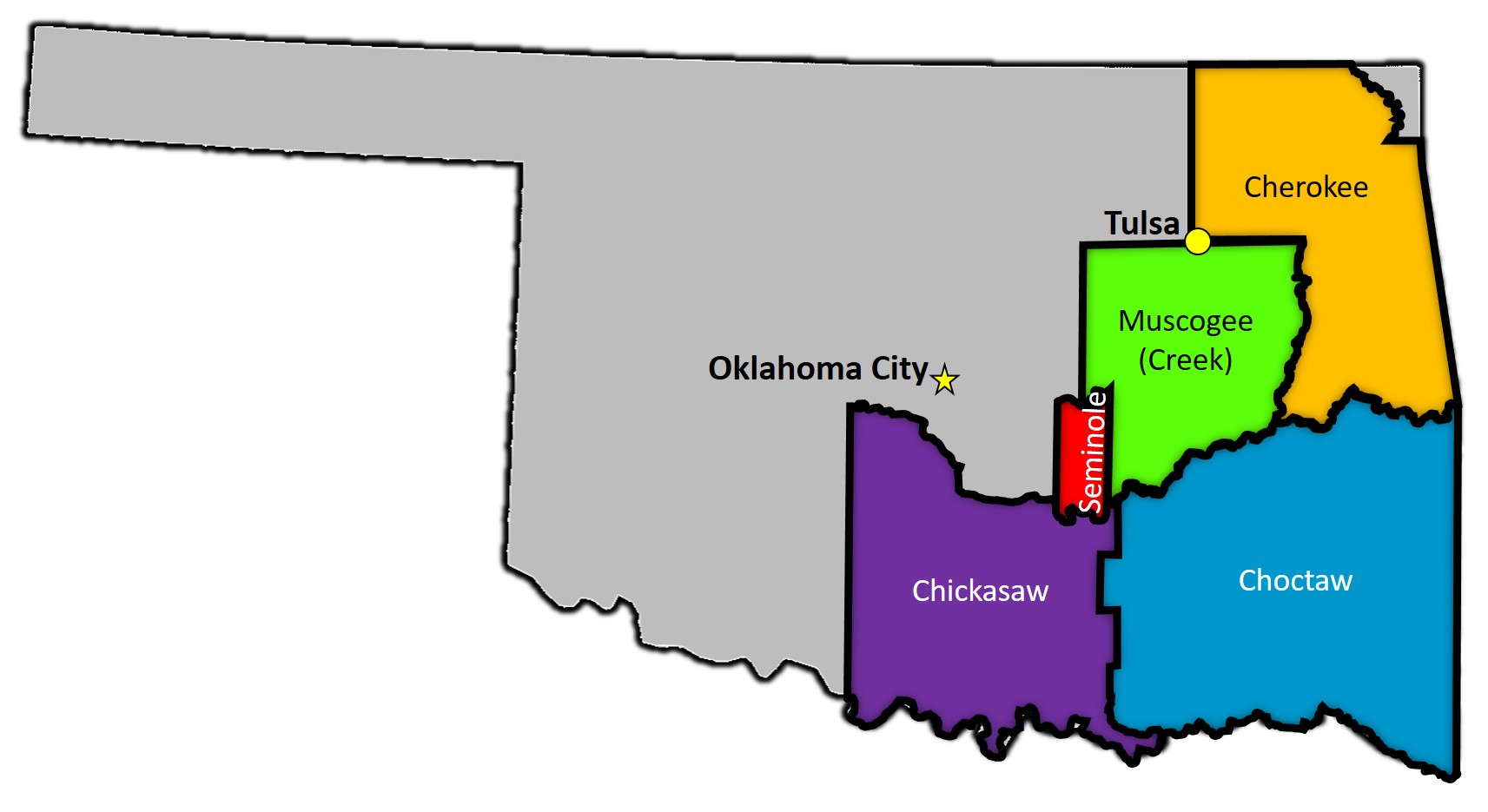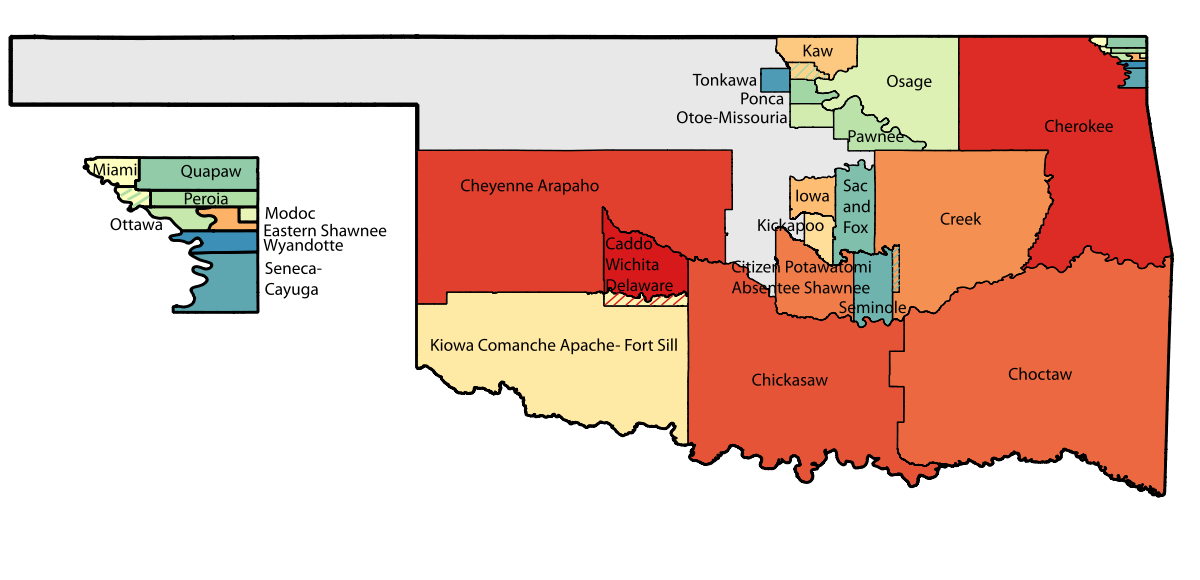The Supreme Court siding with McGirt meant that an area home to 1.8 million people, including the entire city of Tulsa and its population of 400,000, would be a Native American reservation.
Tribe members who live within the boundaries are now set to become exempt from certain state obligations such as paying state taxes, while certain Native Americans found guilty in state courts may be able to challenge their convictions on jurisdictional grounds. The tribe also may obtain more power to regulate alcohol sales and expand casino gambling.
The ruling could also affect the other four of the Five Civilized Tribes in Oklahoma: the Cherokee, Chickasaw, Choctaw and Seminole tribes.
"The federal government promised the [Muscogee (Creek) Nation] a reservation in perpetuity," Gorsuch continued in the majority opinion.
"As a result, many of the arguments before us today follow a sadly familiar pattern. Yes, promises were made, but the price of keeping them has become too great, so now we should just cast a blind eye. We reject that thinking."
Landmark case upholds claim by Muscogee Nation the territory, now home to 1.8 million people, is Native American land.

www.aljazeera.com





